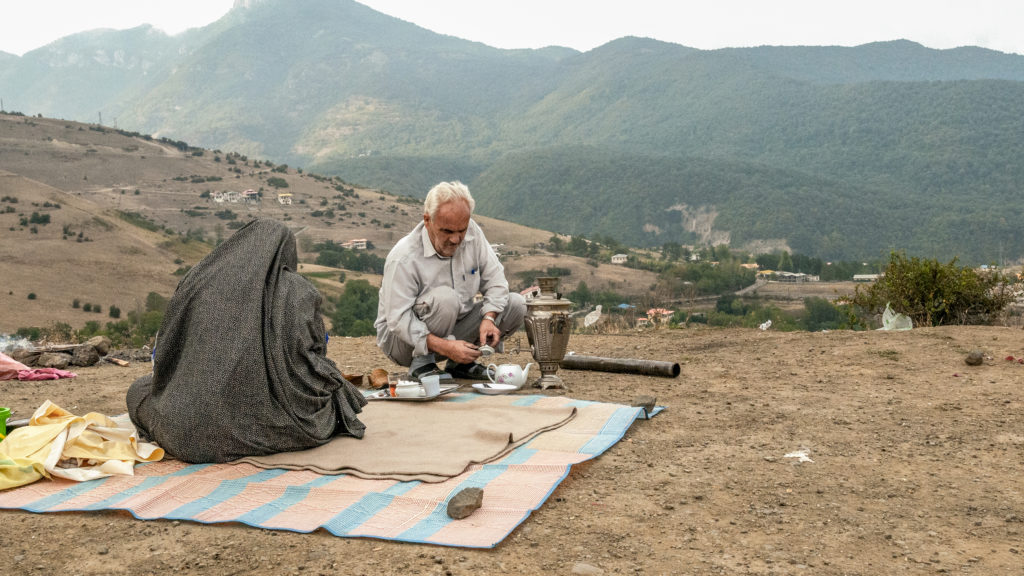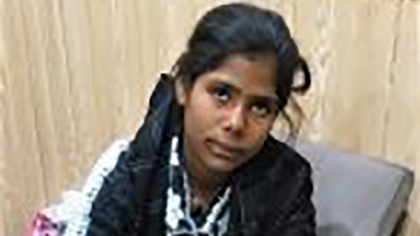A Hindu nationalist legislator was arrested Sept. 9 after a court pronounced him guilty of playing a major role in the murder of a Christian during anti-Christian carnage in Orissa state’s Kandhamal district in August 2008.
The Fast Track Court II in Kandhamal convicted Manoj Pradhan of the Hindu nationalist Bharatiya Janata Party (BJP) in the murder of a 30-year-old Christian Bikram Nayak, who succumbed to head injuries two days after an attack by a mob in the Raikia area of Budedi village on Aug. 25, 2008.
Judge Chitta Ranjan Das sentenced Pradhan to six years of rigorous imprisonment for “culpable homicide not amounting to murder” under Section 304 of the Indian Penal Code and imposed a fine of $335 for setting houses ablaze.
Pradhan, who contested and won the April 2009 state assembly election from jail representing Kandhamal’s G. Udayagiri constituency, was not initially accused in the police complaint in Nayak’s murder, but his role emerged during the investigation, according to The Hindu.
One of the primary suspects in violence that followed the assassination of Hindu nationalist leader Swami Laxmanananda Saraswati on Aug. 23, 2008, Pradhan was initially arrested in December 2008. The violence began a day after Saraswati’s killing when Hindu nationalist groups blamed Christians for his murder, although Maoists (extreme Marxists) claimed responsibility for it.
In spite of the recent conviction, the Orissa state unit of the BJP said the case against Pradhan was weak.
“Pradhan was merely present at the scene of crime,” Orissa BJP President Jual Oram told Compass Direct news service.
Pradhan was named in at least 12 police complaints concerning murder and arson. But after he won the election, he was released on bail.
This is the 36-year-old Pradhan’s second conviction. On June 29, Kandhamal’s Fast Track Court I sentenced him to seven years in jail in a case concerning the murder of another Christian, Parikhita Nayak, also from Budedi village, who was killed on Aug. 27, 2008. Though not convicted of murder, Pradhan was found guilty of rioting and causing grievous hurt in the case.
The June 29 judgment led to his arrest, but the Orissa High Court granted him bail eight days later. The BJP will challenge the convictions in a higher court, Oram said.
In August, Kanaka Rekha Nayak, widow of Parikhita Nayak, complained that despite the conviction of Pradhan and an accomplice, they were immediately given bail and continued to roam the area, often intimidating her.
Nayak was among 43 survivors who on Aug. 22–24 testified in Delhi before the National People’s Tribunal (NPT), a private hearing of victims of the Kandhamal violence organized by the National Solidarity Forum, a confederation of 60 non-profit groups and people’s movements.
Nayak said local politicians, including Pradhan, hit her husband with an axe. Her husband’s body was later chopped into pieces, she recalled as she sobbed during testimony at the tribunal, headed by Justice A.P. Shah, former chief justice of Delhi High Court.
The fast track courts, which are set up especially to hear cases related to the anti-Christian violence, have acquitted Pradhan in seven cases for lack of evidence. Three more cases are pending against him.
The NPT tribunal asserted that between August and December 2008, about 2,000 people were “forced to repudiate their Christian faith.”
The tribunal cited government figures asserting that during the violence from August to December 2008, more than 600 villages were ransacked, 5,600 houses were looted and burned, 54,000 people were left homeless, and 38 people were murdered in Kandhamal alone. It also noted that human rights groups estimated that more than 100 people were killed and “an un-estimated number suffered severe physical injuries and mental trauma.”
As many as 295 church buildings and other places of worship, big and small, were destroyed, and 13 schools, colleges and offices of five nonprofit organizations damaged, it said, adding that about 30,000 people were uprooted and living in relief camps, with many of them still displaced.
The Christian community was deliberately targeted by Hindu nationalist groups such as the Rashtriya Swayamsevak Sangh, the Vishwa Hindu Parishad (World Hindu Council), the Bajrang Dal and the active members of Bharatiya Janata Party,” the tribunal concluded. (CD)






Share with others: